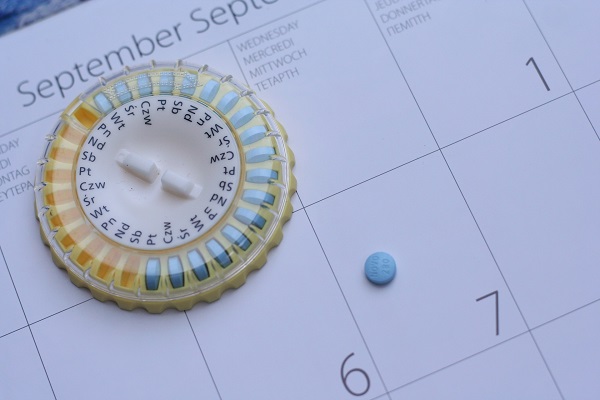
New Arguments in Contraception and Religion Case to be Heard by Supreme Court
- By Derek Welch --
- 11 Nov 2015 --

Religious arguments against the Affordable Care Act’s contraception coverage will soon be heard and clarified by the Supreme Court.
The Supreme Court will again hear arguments from religious organizations against the Affordable Care Act’s requirement for employers to give access to contraception.
The controversial divide concerning the Affordable Care Act continues to widen despite the Supreme Court decree on the case of Burwell v. Hobby Lobby last year. On Friday, the Supreme Court agreed to refocus on the unending dispute between religious affiliations and contraception. The Court is expected to clarify whether religious employers should be directly involved in the provision of free birth control coverage insurance offers to their employees.
Religious Arguments on Affordable Care Act to be decided.[/tweetthis]
The new bone of contention boils down to the strong religious objections to a section of the Affordable Care Act that stipulates that every employer should provide their female employees with contraception insurance coverage or else face fines and charges. The Act, on the other hand, has exempted the religious-affiliated groups such as churches, mosques and temples from complying with the regulations. However, the main new controversy is arising from whether other religiously related groups such as nonprofit organizations, hospitals and schools are also exempted.
It is due to this concern that the Supreme Court has accepted a total of seven appeals from different religious non-profits challenging the Affordable Care Act provision. The main religious groups’ challengers of the Act are the Roman Catholic Archdiocese of Washington and the Little Sisters of the Poor.
Under the Affordable Care Act, nonprofit groups have been offered accommodation. They are only exempted from paying the insurance if they inform their insurers, government or their plan administrators about seeking exemptions in advance; otherwise they will be fined. The religious groups are challenging the policy holding that filling out the forms or sending letters contradicts their religious beliefs.
The Supreme Court, on the other hand, has received a plea from various women’s groups urging the court to reinforce the contraception requirement. A statement echoed by Gretchen Borchelt suggested that “Women deserve insurance coverage of birth control no matter where they work or go to school. It’s unfair and harmful for some employers and schools to use their religious beliefs to deny women vital health care that also makes them more economically secure.”
Can your employer interfere with your access to birth control?
Depending on whom you work for, a new Supreme… https://t.co/s9L3bNyHbV
— Gordon Kendall (@gordonkendall) November 10, 2015
According to Josh Earnest, the secretary of White House Press, the seven appeals presented to the Supreme Court corresponds with the government stand on the subject matter. He said on behalf of the government that "the policy we have in place appropriately balances the need of millions of Americans to have access to birth control while also protecting the right of religious freedom that is protected in the Constitution."
The Little Sisters of the Poor presented the order with any connections of the provision of contraception that are approved for women by the Drug and Food Administration. This has been reinstated by the lawyer of Becket Fund for Religious Liberty Mark Rienzi. In his statement, he said that “It is ridiculous for the federal government to claim, in this day and age, that it can’t figure out how to distribute contraceptives without involving nuns and their health plans.”



















